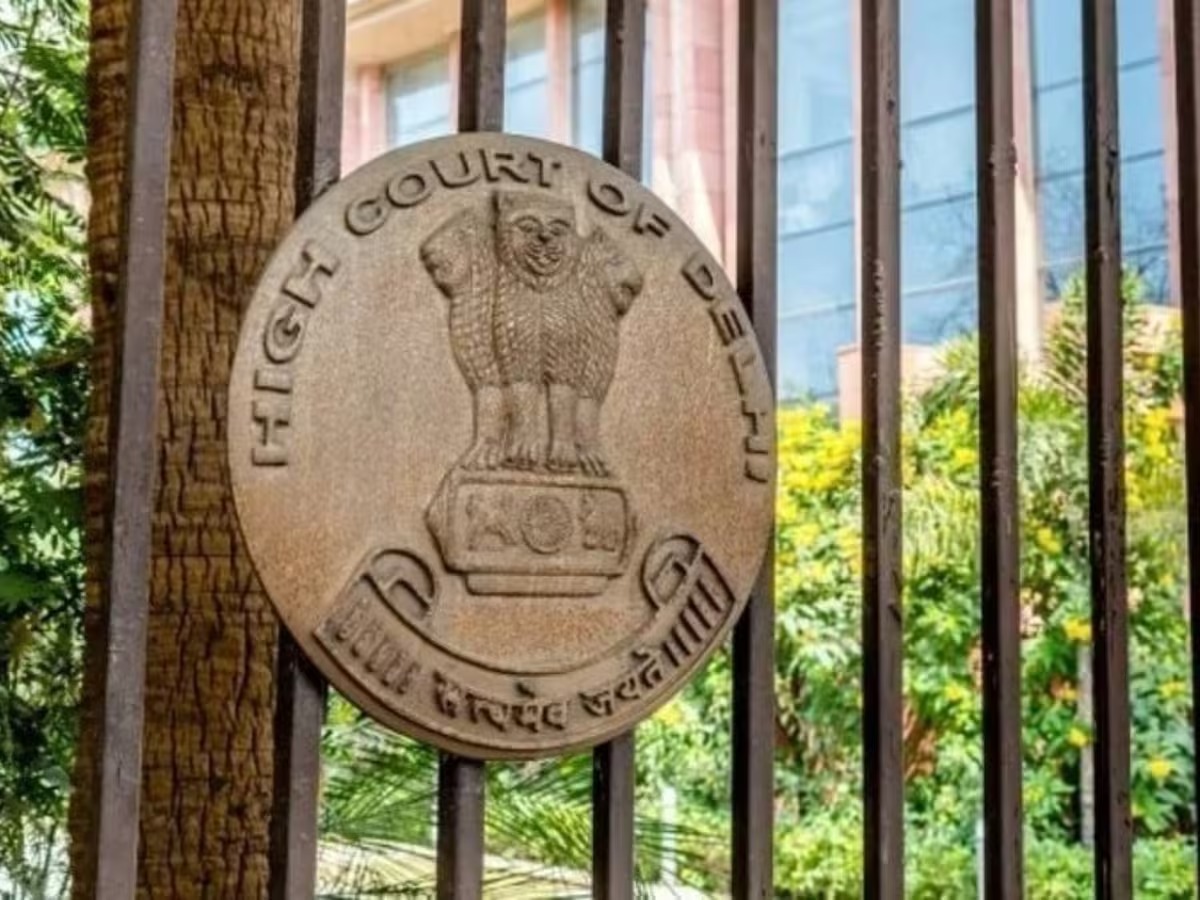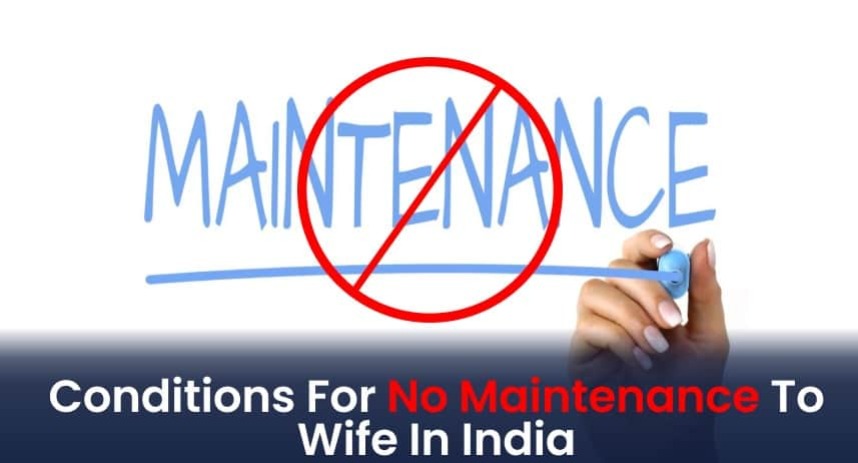S.J. Mukhopadhaya, J.@mdashThis application has been preferred by the petitioner against the order, contained in Memo No. 434 dated 1st Sept. 92, whereby and where under, the Respondent Nos. 6 to 9 have been promoted/appointed against class-III posts. As the case can be disposed of on short point, it is not necessary to discuss all the facts, except the relevant one.
2. The petitioner was initially appointed as Khalasi in Work charge Establishment on 4th August, 1981, where in after, his service was regularised. He passed the Matriculation examination in 1983 and taken in the regular establishment with effect from 8th February, 1982 by order dated 1st March, 1984 (Anx. 9).
3. So far as Respondent Nos. 6 to 9 are concerned, they were also initially appointed against one or other class-IV posts and they were also taken in the Regular Establishment. They having qualification of matriculate or above, were also eligible for appointment against class-III posts.
4. A number of class-III posts fell vacant since 1st August, 1985 and petitioner applied for his appointment which was forwarded by Respondents on 1st August, 1985. In the meantime, the petitioner was also given charge of the class III post of clerk in the Divisional Office, Maharajganj since 4th June, 1987. The Respondents without deciding the representation of the petitioner, issued the impugned order on 12th Sept. 92, appointed those Respondents against class III post of Routine Clerk/Junior Accounts Clerk/Clerk etc. In the impugned order, dated 1st September 92, they have been shown to have been promoted/appointed.
5. The Respondents, including Respondents 6 to 9 have appeared and filed counter affidavit. The main plea taken is that the post against which the Respondents have been promoted are promotional posts of class-IV employees of the Regular Establishment. The persons who belong to other cadre, namely, Field Establishment, they cannot be promoted.
6. Reliance has also been placed on a letter issued by the Joint Secretary dated 12th March, 1979 (Annexure-A) in their support.
7. There is nothing on the record to suggest that a Class-III post of Routine Clerk/or clerk/or Junior Accounts Clerk were promotional posts for Class-IV employees.
8. From the guidelines issued by the State, from Personnel and Administrative Reforms Department, vide Resolution No. 2215 dated 11th February, 1985 and the letter, as referred by the Respondents, contained in Memo No. 1672 dated 12th March, 1979, it will be evident that the Class-III posts are to be filled up by appointment/direct recruitment. Merely, 25% of the total vacancies were reserved for direct recruitment from other source, namely, eligible class-IV employees.
It is stated that the quota of 25% has now been enhanced to 50%.
From the guideline for appointment against Class-III posts, from amongst eligible Class-IV, made by Resolution dated 11th February, 1985, it will be evident that a limited competitive test is to be held from amongst eligible Class-IV employees for such appointment. No provision has been made to fill up the post by promotion. The Resolution dated 12th March, 1979, as referred by Respondents, also shows that the recruitment from amongst Class-IV employees to be mere through a Selection Committee. Though preference has been given to Class-IV employees in the Regular Establishment over Class-IV employees of Work charge Establishment, but the Respondents cannot derive the benefit of the same, the petitioner having taken in the Regular Establishment since 8th February, 1982.
9. No distinction having made between Class-IV employees posted in the Headquarter and those who are in the field, it is not open to the Respondents to exclude the eligible Class IV employees of Regular Establishment on the ground that they are posted in the field.
10. It appears that the Superintending Engineer, P.H.E. Circle, Chapra who issued the impugned order No. 434 dated 1st September, 1992 had no idea as to how the Class-III posts were to be filled up from amongst the Class-IV employees, but merely giving reference of Resolution No. 2215 dated 11th February, 1985, these Respondents were appointed without specifying as to whether the same amounts to promotion and/or direct recruitment.
11. But it is not in dispute that the impugned order dated 1st September, 1992 was issued without holding any limited competitive examination as stipulated under Resolution dated 11th February, 1985.
12. Thus the appointment of Respondents 6 to 9 to the Class-Ill post cannot be held to be legal being against the guidelines and violative of Articles 14 and 16 of the Constitution of India.
13. For the reasons aforesaid, I set aside the impugned order No. 434 dated 1st September, 1992 with direction to the Respondents to fill up the appropriate number of Class-Ill posts, including the posts against which Respondent Nos. 6 to 9 were promoted from amongst eligible Class- IV employees, on an early date, within a period of six months from the date of receipt/production of a copy of this order.
14. The petitioner will produce a copy of this order before the Secretary, P.H.E.D., Government of Bihar, Chief Engineer, and the Superintending Engineer, who are to ensure compliance. The writ petition is allowed, However, in the facts and circumstances, there shall be no order, as to costs.

